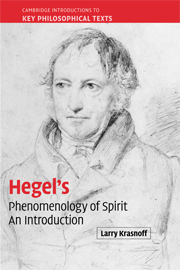1 - Introduction
Published online by Cambridge University Press: 23 December 2009
Summary
Let's start with a familiar historical claim, a claim that is very general, very crude, but at the same time nearly impossible to deny. The way our world looks today was decisively shaped by a series of developments that began in northern Europe some centuries ago (we can argue about exactly how many), developments that transformed northern European societies from minor or even irrelevant outposts on the fringes of Roman and Islamic civilization to the most technologically, militarily, and culturally dominant societies that the world has ever seen. The name we give to this set of developments, of course, is “modernity.” Just how and when it happened is the subject of endless debate, but the debates tend to center on a series of things that happened during the sixteenth through the eighteenth centuries: the Protestant Reformation, the development of modern physics by Galileo and Newton, the exploration and conquest of the Americas, the liberalization of trade and the development of capitalist forms of exchange, the American and French Revolutions. In some combination, we can say, these developments produced a form of civilization devoted to the study and manipulation of the physical world for unapologetically material ends, in which religion is redefined as a matter of private conviction and pushed to the margins of public life, and in which politics is conceived of as grounded in democratic choice and individual human rights.
- Type
- Chapter
- Information
- Hegel's 'Phenomenology of Spirit'An Introduction, pp. 1 - 17Publisher: Cambridge University PressPrint publication year: 2008

